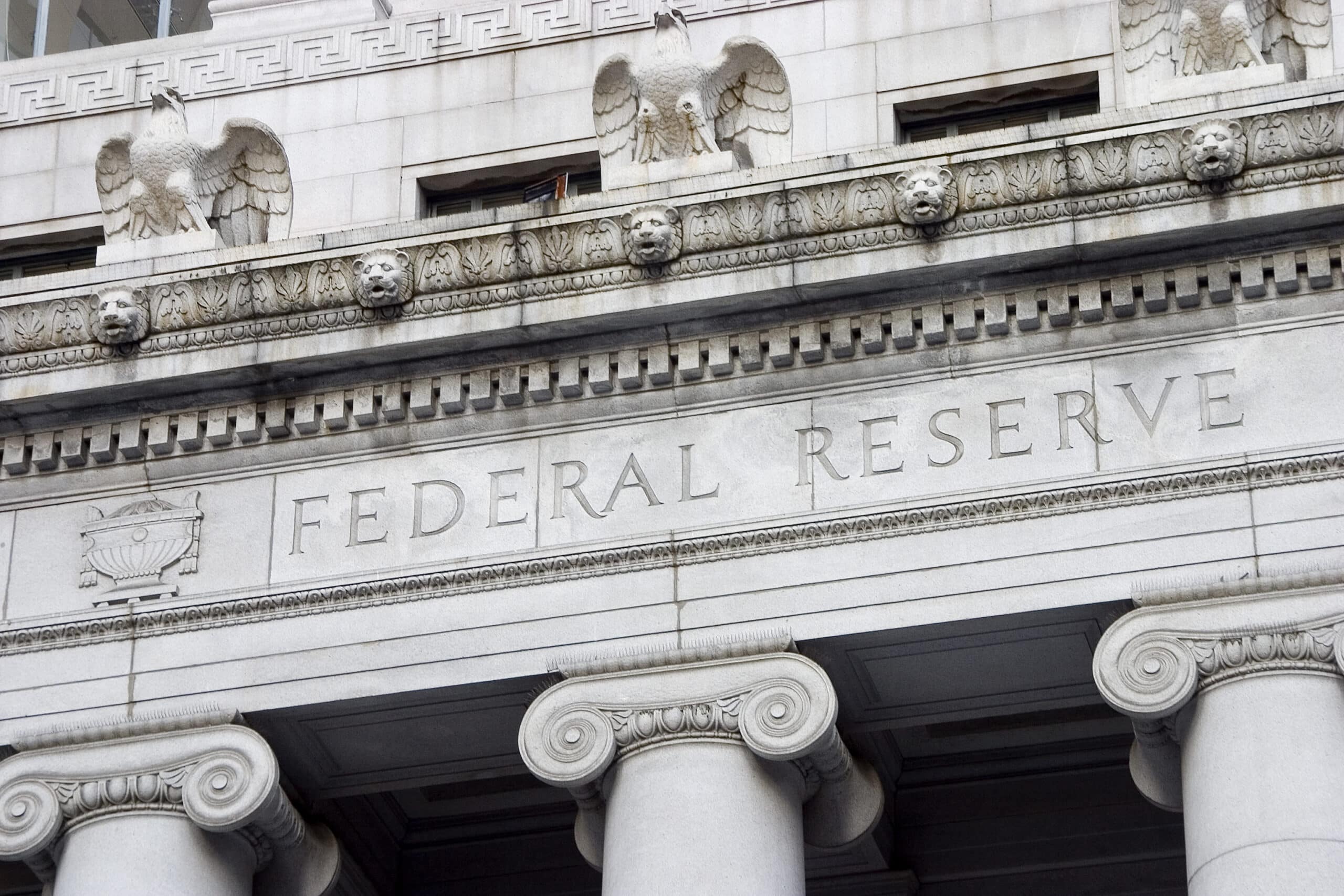Investors measure the social impact of securitizations
ESG begins to make its mark on auto finance
This week, shoe brand Toms abandoned the one-for-one shoe-giving promise that propelled it to success in the early 2000s in favor of a strategy focused on what it dubbed “grassroots good.” The new business model calls for the company to donate one-third of its profits to humanitarian organizations that focus on promoting mental health, ending […]

Already subscribed? Log in















